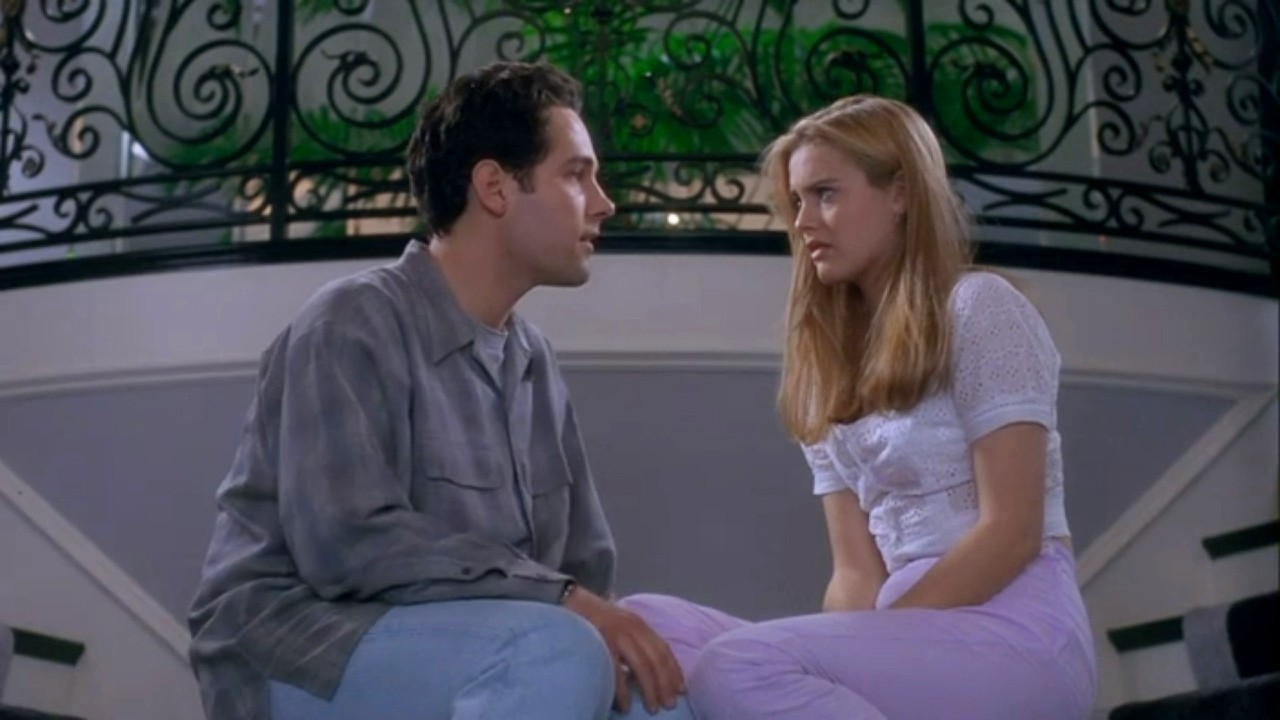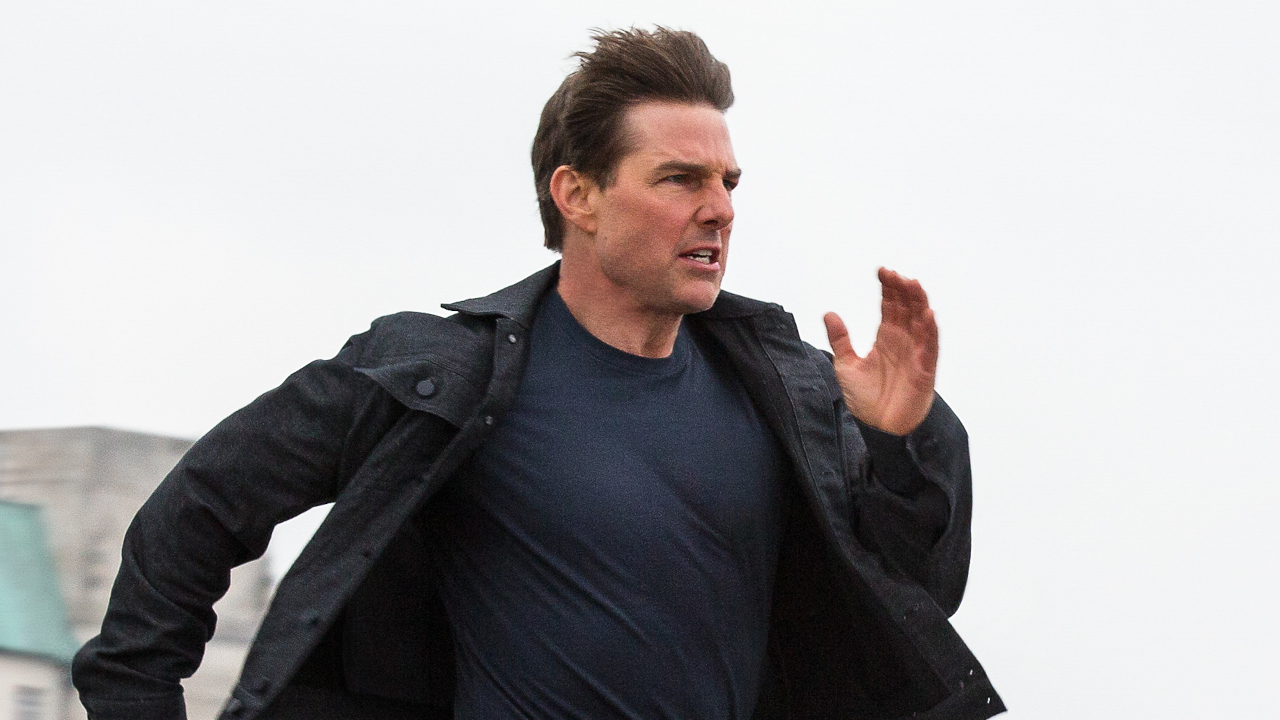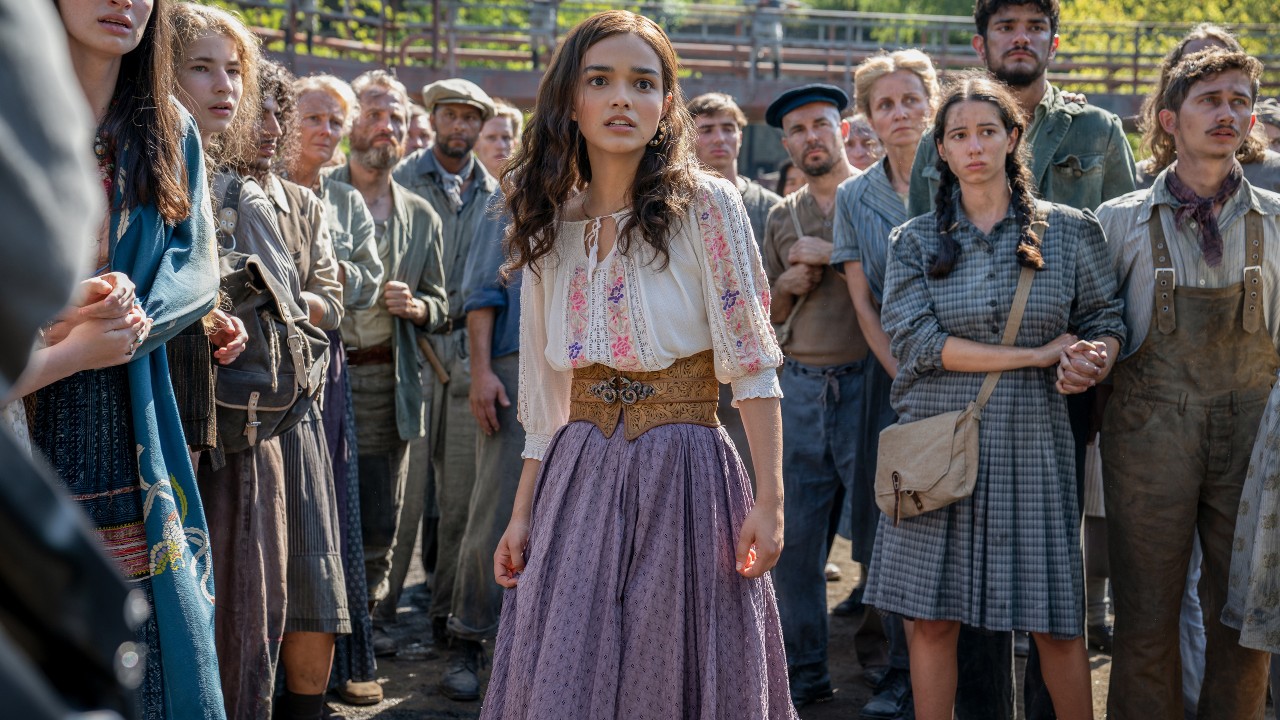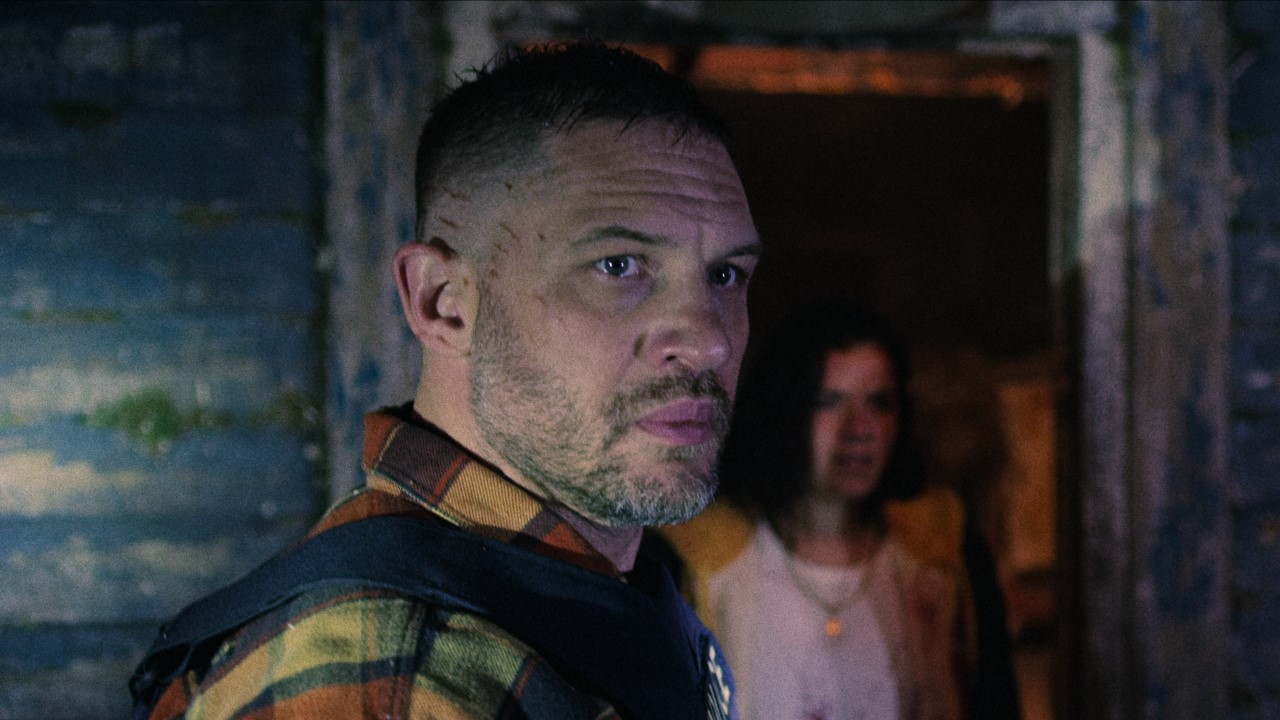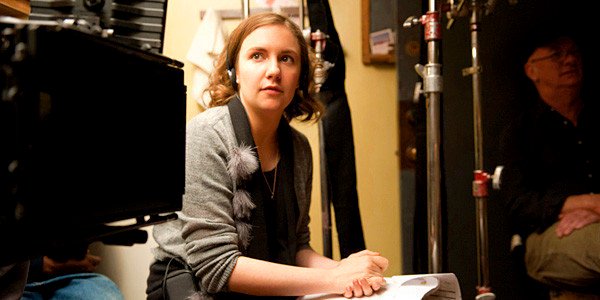
It’s been three years, and we’re still talking about this: At a recent Television Critics Panel, Dunham and Girls executive producers Judd Apatow and Jenni Konner were asked what the "purpose" of the nudity on the hit HBO series was. Their response was heated and passionate, and indicative of how tired they are about having to speak for the human body, particularly Ms. Dunham’s unclothed one. What they didn’t do was properly answer the question. Maybe that’s because it doesn’t have to be asked.
For those who don’t watch Girls but only know of the series through blogs and internet comments, you’d think it was pornography. Countless think pieces, one way or another, have been written about Dunham’s Hannah, a myopic twentysomething writer with an active love life. She is no libertine, however, and her dalliances with casual sex seem to come from a natural attraction between her and a host of male companions. What’s notable is that most of Dunham’s nudity in the show occurs when she’s not engaging in sexual behaviors with others.
Take this weekend’s season premiere, which began with the interlocked legs of lovers Hannah and Adam Driver’s Adam. The camera visits a couple of other Girls characters before revisiting the two in bed, where they proceed to have a mundane couples conversation. Because these two have the physical shorthand that comes from intimacy with another, Hannah is comfortably topless, and her breasts are bared during the entire sequence. Talking about this almost feels surgical in comparison to how it plays out onscreen: Adam doesn’t address that his lover is physically vulnerable in front of him, and Hannah’s character doesn’t gravitate towards sexual behavior. The two of them lie in bed, existing.
While this attitude exists in foreign cinema, mainstream American films remain squeamish about the naked body. Often it’s used for the titillation of people in the cheap seats, but often it’s also the source of laughs: to be naked is to open yourself to mockery, the movies argue. That seems to have spilled out onto the internet’s hate-watchers of Girls: a brief Google search will bring up any number of negative and unflattering comments about Dunham’s body.
These comments usually stem from the lack of desirability that Dunham has to many who would insult her average frame. As if it was a crime to have such a thing: Dunham has repeatedly talked about how nudity should be normalized, that it doesn’t have the binary purpose it carries in cinema, to provoke laughs or (usually male) arousal. In the world of Girls, naked bodies walk, talk, laugh, dance, do laundry, cook, fight. Kind of like real life: the "purpose" of our nudity is that we have removed our clothing to accommodate our physical comfort. Is it unreasonable to think fictional characters might feel the same way?
The TCA question brought up HBO’s Game Of Thrones as a source of titillation in regards to nudity, and there’s no need to shame or speak negatively about that. That is the dominant form of nude expression in art, and arousal should not cause discomfort. But on HBO, Game Of Thrones exists alongside Girls, which is part of the HBO pantheon of series like Tell Me You Love Me, Sex And The City and other shows that have frankly addressed the issue of nudity and intimacy. Of course, those shows were based in arousal and sexuality, unlike Girls, a Brooklyn-set show about frustrated and confused twentysomethings. Ultimately, Dunham, Apatow and Konner are re-writing the fairly-tiresome book on nudity, crediting it to worlds other than sex. There are endless ways to be titillated by naked bodies: it’s not Dunham, Apatow or Konner’s responsibility to give that to you.
This poll is no longer available.
CINEMABLEND NEWSLETTER
Your Daily Blend of Entertainment News

